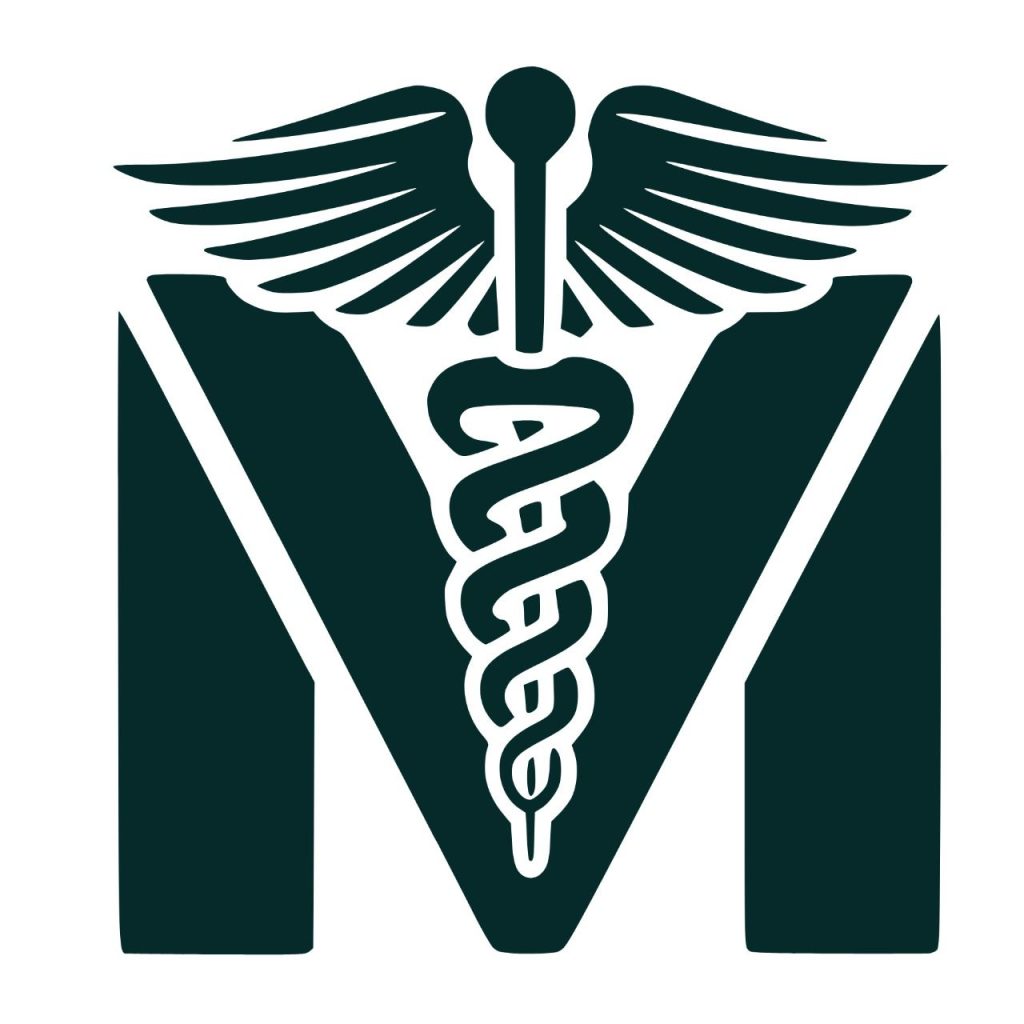Treatment
Breast Cancer
What is Breast Cancer?
Breast cancer is a malignant tumor that develops in the cells of the breast, typically in the ducts (known as ductal carcinoma) or lobules (known as lobular carcinoma). It is the most common cancer worldwide and affects both women and men, although it is rare in men.
Types of Breast Cancer:
- Non-Invasive (In Situ):
- Ductal Carcinoma in Situ (DCIS): Abnormal cells in milk ducts (pre-cancer).
- Lobular Carcinoma in Situ (LCIS): Not true cancer, but increases future risk.
- Invasive:
- Invasive Ductal Carcinoma (IDC): ~80% of cases; spreads beyond ducts.
- Invasive Lobular Carcinoma (ILC): ~10%; starts in lobules.
- Triple-Negative Breast Cancer (TNBC): Aggressive; lacks ER/PR/HER2 receptors.
- HER2-Positive Breast Cancer: Overproduces HER2 protein (faster growth).
- Inflammatory Breast Cancer (IBC): Rare, aggressive; causes red/swollen breast.
- Special Subtypes:
- Paget’s disease of the breast, Phyllodes tumor, Angiosarcoma.
Common Symptoms:
- New lump in breast/armpit.
- Breast swelling, dimpling, or skin irritation.
- Nipple retraction/discharge (non-milk).
- Red/flaky breast/nipple skin.
- Unexplained breast pain.
Note: Some cancers show no symptoms, highlighting the need for screening.
Risk Factors:
- Gender: 99% of cases occur in women.
- Age: Risk ↑ after age 50.
- Genetics: *BRCA1/BRCA2* mutations (5–10% of cases).
- Hormonal: Early menstruation, late menopause, hormone therapy.
- Lifestyle: Alcohol, obesity, physical inactivity.
- Other: Dense breasts, radiation exposure, family history.
Diagnosis & Staging:
- Screening:
- Mammography (primary tool for women 40+).
- Ultrasound/MRI (for dense breasts or high risk).
- Diagnostic Tests:
- Biopsy (core needle/FNA to confirm cancer).
- Receptor Testing: ER/PR/HER2 status.
- Staging (TNM System):
- Stage 0: DCIS/LCIS (non-invasive).
- Stages I–II: Early/localized.
- Stage III: Spread to lymph nodes.
- Stage IV: Metastatic (spread to bones/lungs/liver).
Treatment Options
- Surgery:
- Lumpectomy (tumor removal) or Mastectomy (breast removal).
- Lymph node removal (sentinel/axillary).
- Radiation Therapy: Targets residual cancer cells post-surgery.
- Systemic Therapies:
- Chemotherapy (for aggressive/high-stage cancers).
- Hormone Therapy (for ER/PR+ cancers; e.g., tamoxifen).
- Targeted Therapy (e.g., trastuzumab for HER2+).
- Immunotherapy (for TNBC expressing PD-L1).
- Palliative Care: For advanced/metastatic cases.
Prevention & Early Detection:
- Screening: Regular mammograms (start age 40–50, per guidelines).
- Lifestyle: Limit alcohol, maintain weight, exercise, and avoid smoking.
- Genetic Counseling: If a BRCA mutation or a strong family history.
- Prophylactic Surgery: Considered for very high-risk patients.


